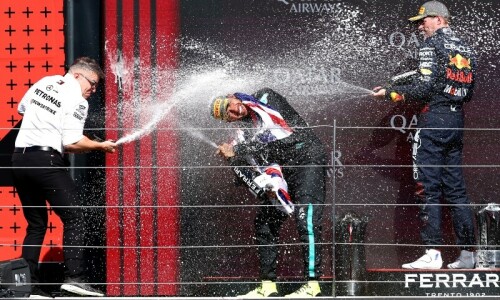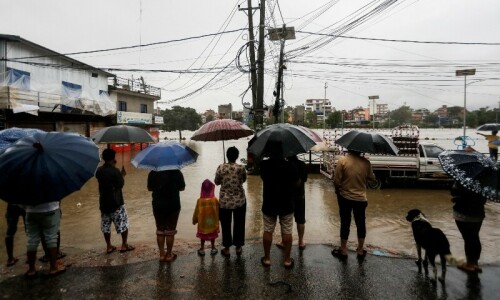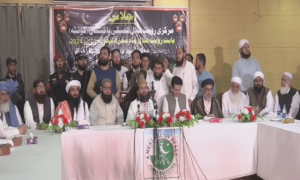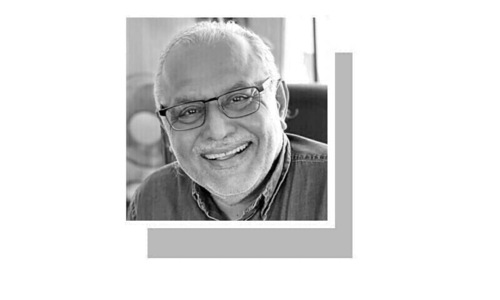THIS is with reference to the report “‘Digital terrorism’ to be snuffed out, declare commanders” (May 31), which was based on a press statement issued by the Inter Services Public Relations (ISPR) after the 83rd Formation Commanders Conference in Rawalpindi. The statement targeted the main opposition party in strong words and used the term ‘digital terrorism’ to describe the activities of the party and its social media activists.
Digital terrorism can be defined as the use of digital technologies, such as the internet, social media and other digital platforms, to spread fear, incite violence, or promote ideologies that aim at achieving political, religious or ideological goals through intimidation, coercion or violence. It includes cyberattacks on critical infrastructure, dissemination of extremist propaganda online, recruitment and radicalisation through social media, and coordination of terrorist activities using digital communication channels.
While criticism of the government, its institutions and departments is considered a vital part of democratic discourse and is protected under free speech principles, the activity crosses into digital terrorism when it includes threats, incites violence, or targets individuals or groups.
Technically, the qualification of lies, fake news and propaganda can be termed digital terrorism if these are used with the wrong intent, but the mere act of spreading falsehood does not fall under the domain of digital terrorism.
The strongly worded ISPR statement and subsequent media campaign around it in the digital and traditional media were successful in sending a clear position of the army against those who were allegedly driving a wedge between the army and the people of Pakistan.
However, the statement was not free of risks either. It had the potential to reinforce the perception of bias against a single party, potentially deepening political divisions and eroding trust between the military and party activists.
Further, whipping up such a narrative could evoke strong emotional responses that might rally some segments of the population around the establishment, while simultaneously causing scepticism and decreased confidence among those who feel targeted. While promoting the noble cause of national unity, such strong words could have been avoided.
Qamar Bashir
Islamabad
Published in Dawn, July 5th, 2024










































Dear visitor, the comments section is undergoing an overhaul and will return soon.